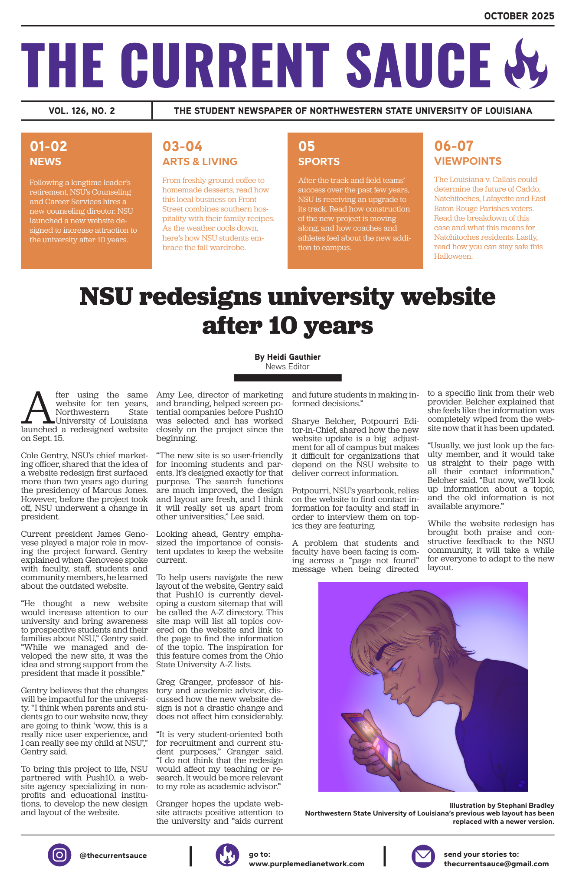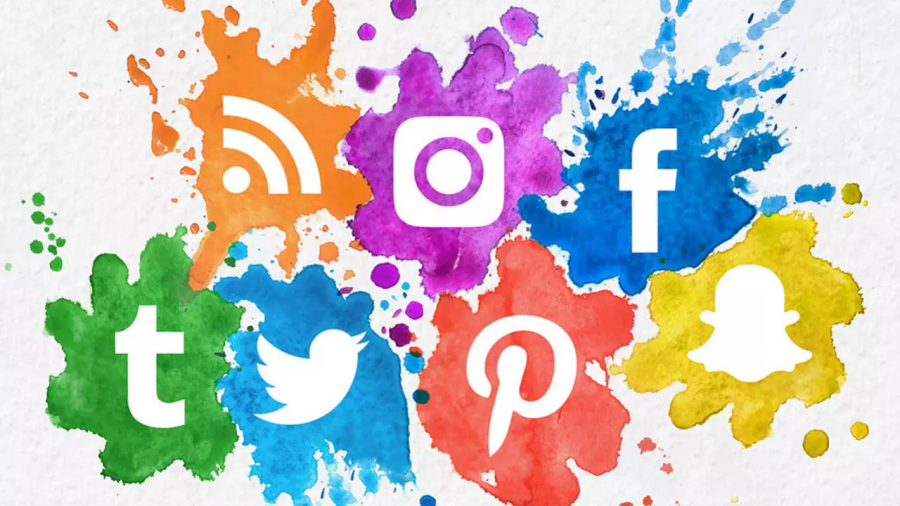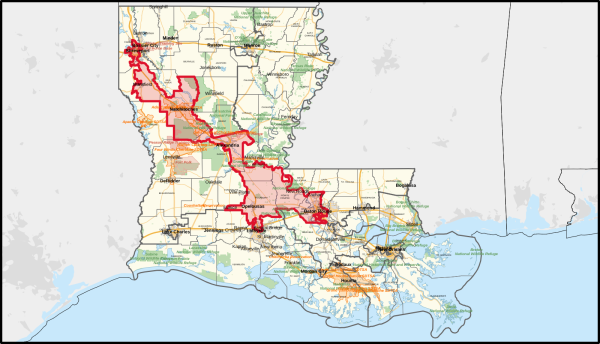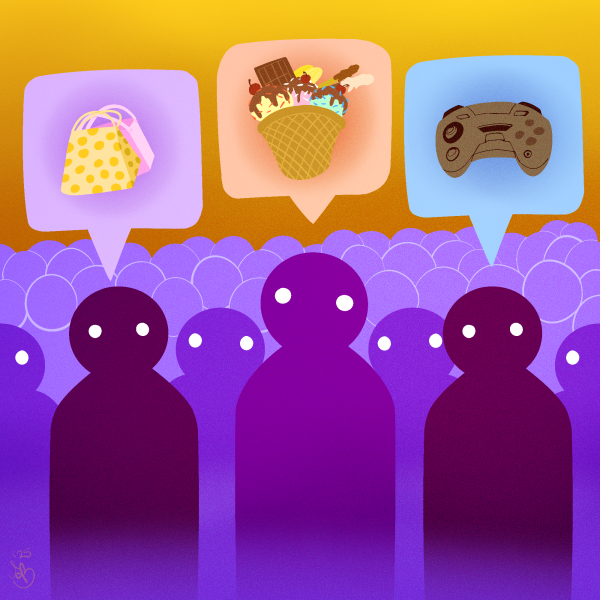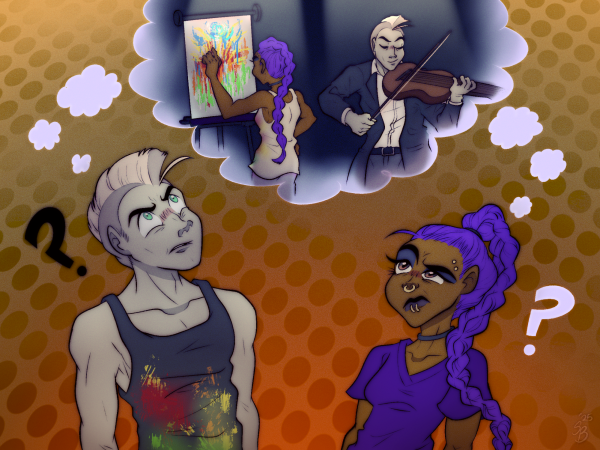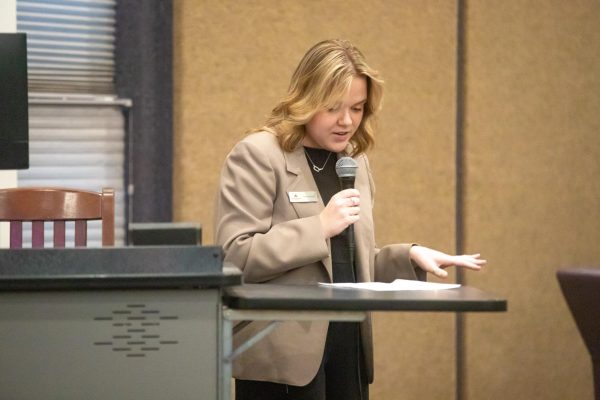Is social media making us less social?
Why would we ever feel a need to introduce ourselves when social media has the basics covered? We can weed out potential friends before ever having to make their acquaintance.
The average college student cannot recall a time when Facebook, Snapchat or Instagram was not a part of their everyday lives. It seems our social lives revolve around likes, comments and tags.
But is the age of social media actually affecting the way we interact?
Pass through the hallways and peek into any classroom five to ten minutes before class starts.
What you will see is a room full of individuals with their heads down, scrolling through feeds filled with TikToks and highly filtered selfies. The atmosphere is silent, occasionally interrupted by the random blast of music echoing from someone’s speaker.
There is no talking, no asking questions to random peers, no interactions beyond the few lucky students who may happen to have a friend in the class. This is the new social norm.
We are more likely to search for a classmate on social media than we are to talk to them. With a few clicks or scrolls, we can find out where someone is from, who they are friends with, what their hobbies are and what organizations they belong to.
Why would we ever feel a need to introduce ourselves when social media has the basics covered? We can weed out potential friends before ever having to make their acquaintance.
And if you need a date? Don’t worry, Tinder and Bumble have you covered. You can browse through an endless rotation of potential partners from the comfort of your own dorm.
In this generation, it is easier to direct message or DM someone than to risk the potential embarrassment of handling the task face-to-face. If you mix social media’s accessibility with our constant need for entertainment, it is easy to see that the age of social media is inhibiting our social interactions.
At a time where socializing should be a highlight of our college career, it feels like the experience itself is falling short. Maybe, just maybe, social media is doing the opposite of what it was made to do.

